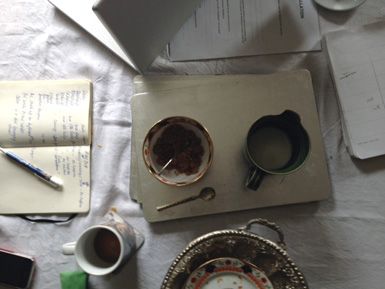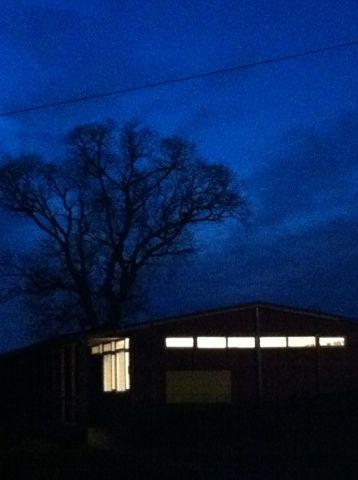Ongoing work on our 2013 calendar of events, involving numerous small segments of admin-type work here, there and everywhere.
One of the events is our May residency that we had an open-call for and for which we are about to select. The residency includes an In Conversation with the selected artist and scientist/writer Hugh Aldersey-Williams. Perhaps unsurprisingly, one of the most time consuming aspects has been the juggling to find a date that suits all, including the Aylsham Festival. The festival has such a busy, packed-out programme of events that at this stage it has been tricky to not clash with anything and also suit Hugh’s busy event schedule. He really seems a popular guy.
http://www.hughalderseywilliams.com
The following text summarises the nub of the In Conversation:
The Queen of Hungary Project Space is delighted to present writer Hugh Aldersey-Williams in conversation with our resident artist (to be announced). The residency will take place over the period of Aylsham Festival when the artist will make work in response to exchanges of ideas with the sciece writer, focusing on Browne’s scepticism towards old wives’ tales.
ARTIST AND WRITER IN CONVERSATION: Friday 24th at 5.00pm at the Queen of Hungary Project Space, Bushey Place, Aylsham Norfolk NR11 6HF
visitwww.queenofhungary.co.uk
Donations £3.00, wheelchair access, parking
Thomas Browne (1605–82) was a true Renaissance man – physician, philosopher, moralist, writer, antiquarian, naturalist, herbalist, chemist and alchemist, mathematician and geometer, a missionary for the rational who could still find a place for the mysterious.
Browne settled in Norwich at the age of 31 and went into medical practice. During the Civil War, he trod a line that avoided partisanship, attending the Royalist and Puritan sick alike, as well as the poor, all of which made him the most celebrated doctor in what was then England’s second city.
His considered response to the unrest was his most famous work of literature, Religio Medici, in which he set out his personal credo of a reasoned Christianity tolerant of other religions. He employed his scientific intelligence (the literal story of the Ark is disproved for him by the existence of distinctive animal species in the Americas, for example) to establish a basis by which a rational man might nevertheless be a believer. ‘I borrow not the rules of my Religion from Rome or Geneva, but the dictates of my own reason,’ he wrote.
He made pioneering observations of Norfolk flora and fauna, including the first record of some birds in the county; he kept a bittern in his yard, and made perceptive observations about birds’ migration. Aside from his major works on morals, he wrote elegant digressions on mortality (Urn Burial) and on form and pattern in nature (The Garden of Cyrus).
Perhaps his most pertinent work for today’s audiences is Pseudodoxia Epidemica, or Vulgar Errors, a compendium of common mistaken beliefs and old wives’ tales, each of which he proceeds to debunk in characteristically tolerant fashion with gently humorous prose – an approach all too absent in today’s shrill debate about science in society. Hugh Aldersey-Williams
To book a place contact [email protected].





